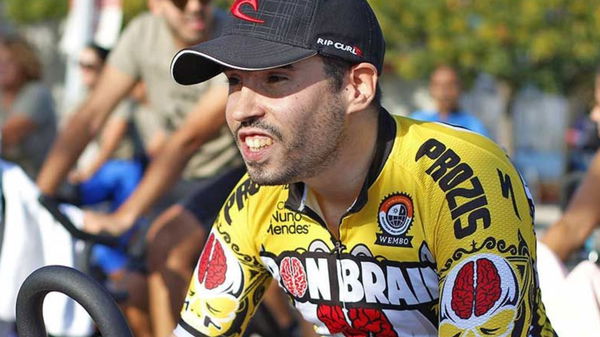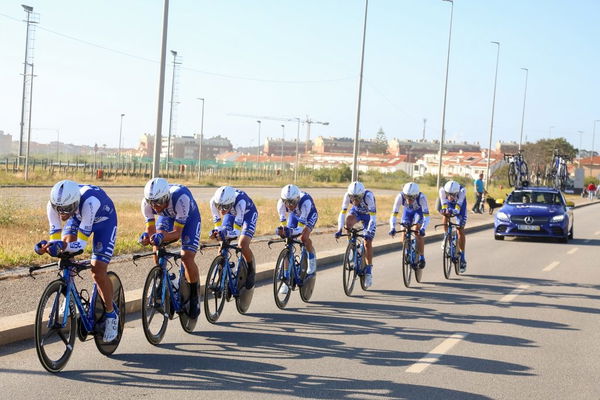

Marking the longest-ever disqualification in cycling games, a 46-year-old sports director is making headlines. Nuno Ribeiro, a name that once symbolized the pursuit of racing glory, encountered a shocking downfall after his transition from an athlete to a director took a brutal turn. The Portuguese cyclist was handed a 25-year suspension after reports of doping accusations turned against his favor.
Watch What’s Trending Now!
But this was not the only stance of Riberio’s involvement with illegal substances, as he was previously charged with a 2-year ban, back in 2009. As a director of the W52-FC Porto squad, he unfortunately landed himself in one of the most notorious doping scandals in cycling. Sadly, he was not alone, with many athletes getting caught for these misdemeanors. Emphasizing the necessity of regulatory measures, the community has raised sincere concerns, while many were stunned by the prolonged punishment term.
ADVERTISEMENT
Article continues below this ad
Sports director entangled in controversy
Shockwaves rippled through the professional cycling arena when Ribeiro received the staggering ban, one of the lengthiest penal sessions ever declared. Regrettably, the reason disclosed a dark side of the former cyclist, as he was held accountable for trafficking, possession, and supply of illegal matters. The list included testosterone, corticoids, and steroids. The severity of the ban, extending until 2047, was a harsh reminder of the consequences of doping in sports. While his expulsion period will end on December 15, 2047, the brutal move landed a visible ending to his career in pro cycling.
ADVERTISEMENT
Article continues below this ad

Shockingly, his earlier suspension, a much shorter one, was also declared under similar parameters, where Ribeiro was excluded for using EPO, resulting in the loss of his Volta a Portugal title. With such a history of using prohibited substances like erythropoietin, an investigation began in 2019, focusing on exploring the cycling director’s actions. The Portuguese Anti-Doping Authority soon joined hands with the State Prosecutor?s Office, intervening in 2022.
ADVERTISEMENT
Article continues below this ad
The stinging trend of doping cases in cycling
Ribeiro’s situation turned out to be the biggest disqualification made directly to a runner/sports director. While obviously there was radiation, it came with a striking case of recurrence. Evidently, Jose Rodriguez, a former soigneur and associate DS, also received a similarly long suspension notice under Portuguese anti-doping legislation. Additionally, seven riders from the cycling squad faced their respective penalties last year, after a thorough evaluation was concluded. Although the prohibitory periods varied from one player to another, their impact was dreadful for all.
Jo?o Rodrigues, the 2019 Volta a Portugal winner, was presented with a seven-year ban, stripped of his triumph from 2018. Subsequently, 2011 cycling victor Ricardo Mestre encountered a 3-year notice, while Rui Vinhas, the champion in 2016, was also given a similar period. The investigation that led to these decisions was a massive anti-doping operation called Prova Limpa or Clean Test. Then, the case portrayed another sting when the director of the Anti-Doping Authority announced receiving numerous threats. After locating a shotgun shell in front of his house, the sports personnel was placed under police protection.
This scandal has since cast a long shadow over Portuguese cycling, and its repercussions are still reverberating. While Ribeiro’s directorship career saw a tarnished change, the extent of his involvement in doping left many questions unanswered. Was he even a key player in the use and distribution of banned substances, or did he merely become a pawn in some larger scheme? As the saga continued to unravel, the future of the accused cycling entities remained as uncertain as their shadowed reputation.
Watch This Story: “That is how you inspire the next generation” – Unexpected souvenir from a pro cyclist at a Jumbo-Visma race makes a young fan’s day
ADVERTISEMENT
ADVERTISEMENT
ADVERTISEMENT
ADVERTISEMENT


